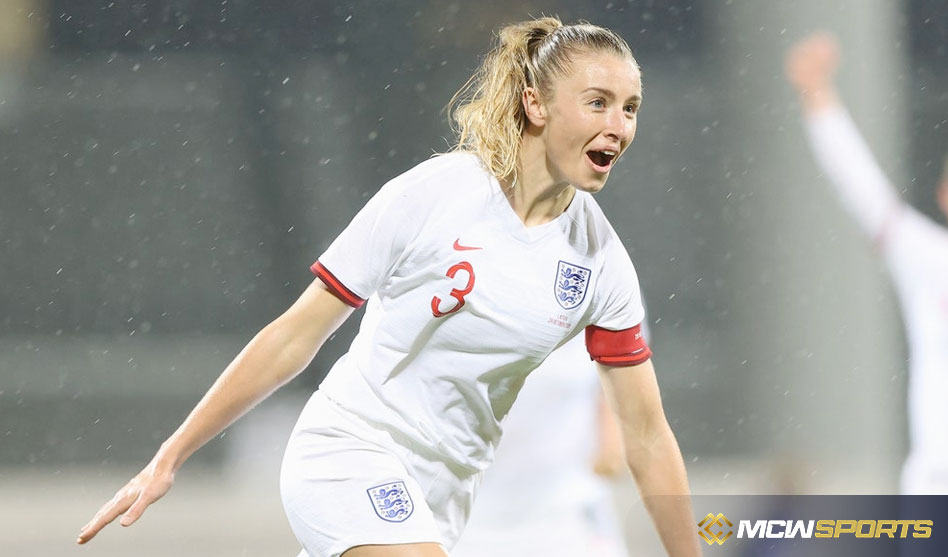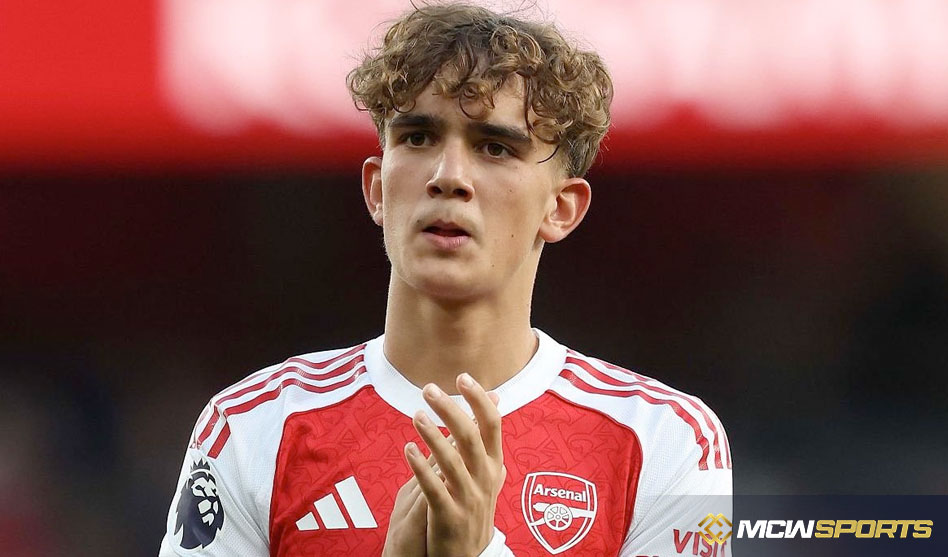LONDON, England – The fearless captain of England’s football team, Leah Williamson, was placed in an unusual situation amidst the frenetic energy of Wembley Stadium. Her speech was drowned out by the thunderous cheers of the 87,192 fans who had gathered at the legendary arena. A monument to the historic event that had just taken place in front of their eyes – England’s thrilling triumph over Germany, which secured the coveted European Championship – was the deafening roar of the audience.
Leah Williamson and her teammates see success as more than simply a momentary accomplishment; it’s woven into the very fabric of who they are as a team. It was the beginning of a new chapter in their journey, one distinguished by resiliency, camaraderie, and a constant quest of perfection, as they basked in the glory of their most recent victory.
Former England international and current PFA executive for women’s football equity, diversity, and inclusion Fern Whelan highlights a serious issue that goes beyond physical competitions. Whelan emphasizes the value of actual advancement and diversity within the field of women’s football, warning against the dangers of “success washing,” a situation where outward success hides internal inequalities and deficiencies.
Whelan’s observations touch on a more general discussion about women’s sports. It is essential to explore the many facets that make up the trip while celebrating the victories and milestones. A climate where female athletes can succeed has been established by the rapid increase in fan support, rising engagement, and influential broadcasting. Alongside these victories, there is a fundamental question: How can these chances help prospective sportsmen build long-lasting professional careers? Inspiring stakeholders to make sure that the foundations are solid and encouraging from the inside, Whelan’s call to action is persuasive.
The themes of resiliency, triumph, and aspiration remain at the center of the narrative even as the worlds of football and basketball, as well as women’s sports in general, continue to change. These stories serve as a reminder that true success is not just about winning awards but also about the journey, the growth, and the unwavering spirit that drives the pursuit of perfection, whether it be on the field, the court, or in the larger discourse.
Following the competition last summer, the FA realized it had a fantastic chance to capitalize on the momentum created by the success of the England senior team. Attendance and television viewers were its top two aims. Clubs were informed extensively about the goal to break records.
Not just Lionesses but all WSL players were being profiled by the FA prior to the competition. The message was that the WSL had the most European Championship athletes of any league, and that once the competition was over, viewers could see them play in the home league.
While predicting the long-term effects of the Euros is premature, it is clear that society’s image of top women’s football has changed significantly since last year. But during the previous 12 months, certain things have stayed the same.
The future of women’s professional football is on the line. NewCo and FA will decide where to focus investments and how to transform the organization as a whole. Before the Euros can be viewed as a major success, there is still plenty that needs to be improved, as one WSL player rightly points out.

 English
English










